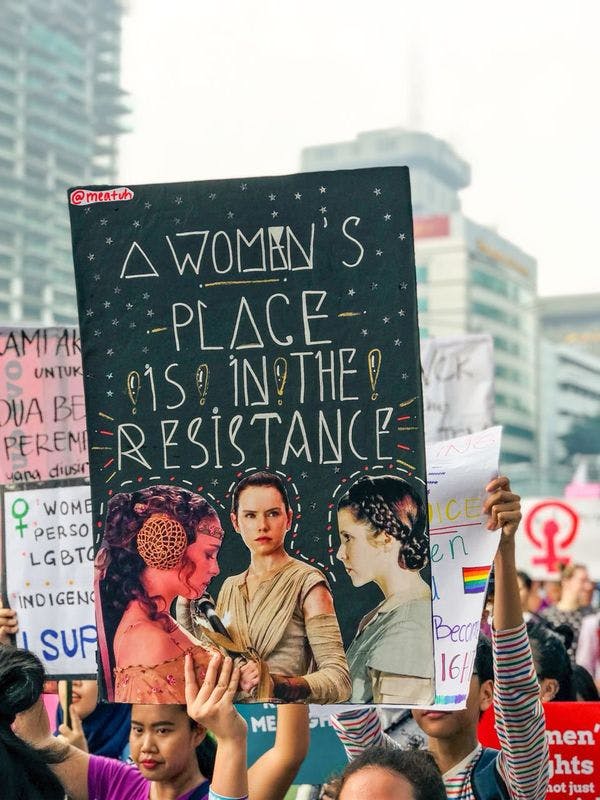Left forgotten: Women imprisoned for drug offences
By Arinta Dea Dini Singgi, Gender Issue Analyst in LBH Masyarakat (Community Legal Aid Institute), Indonesia.
Today on International Women’s Day, we need to remember more than ever the women who are left forgotten: women imprisoned for drug offences. More than half, or around 65.4%, of the total number of women held in Indonesia’s prisons, are drug offenders, which has led to overcrowding, up to 400%, in almost all women prisons across the country. Most of them are low level drug offenders, for example women who use drugs or who deal in small amount of drugs, usually to provide for their family. There are also women who carry large amount of drugs from one place to another (sometime referred to as ‘drug mules’), with or without their knowing. The vulnerability of women drug mules was given wider attention in Indonesia when Merri Utami and Mary Jane were going to be executed in 2015 and 2016. They were both migrant workers duped by a close acquaintance and as the National Commission on Violence against Women (the National Commission) stated, victims of human trafficking. Constituting only around 5% of the total number of prisoners in Indonesia, women are often discriminated against due to drugs policies which are not designed to meet gender-specific needs.
The high number of women incarcerated for drug offences is seen in all countries in South East Asia. Inspired by the Women, Drug Policies and Incarceration in the Americas project in Latin America, IDPC working together with LBH Masyarakat in Indonesia, NoBox Transitions in the Philippines and Ozone Foundation in Thailand initiated a project aimed at reducing the rate of incarceration and imposition of death penalty sentences against women drug offenders in Southeast Asia. To work towards achieving that ultimate aim, research will be carried out to gather data relating to women incarcerated for drug offences and guidance developed for stakeholders to ensure gender-sensitive drug policies. As part of the data gathering process, LBH Masyarakat visited four prisons in Indonesia and managed to obtain data from 307 women incarcerated for drug offences. Our preliminary data shows that many of them were transferred to prisons far away from their home after the previous prison they were held in became too overcrowded. As a result they could rarely meet their parents or children, thereby negatively affecting their psychological condition. We also found that there are no harm reduction services for people who use drugs in the prisons that we visited.
Last month, in February 2018, LBH Masyarakat conducted a workshop to engage relevant stakeholders to discuss the issue of women, drug policy and imprisonment, as well as to share our initial research findings in order to share more understanding about the issues. A Commissioner from the National Commission, Yuni Chuzaifah, expressed appreciation for the work on this issue, admitting that are yet to touch the issue, particularly in relation to drug policy.
In 2017, LBH Masyarakat and the Cornell Center on the Death Penalty Worldwide conducted research on women on death row in Indonesia. The research shows that, as of August 2017, there are nine women on death row in Indonesia. Six of them are convicted for drug offences, and most of them had claimed to have zero knowledge about the drugs for which they were sentenced. We also found that a history of domestic violence, poverty and unequal power relations with their intimate partners contributed to the involvement of women in drug trafficking activities. However, none of those aspects were ever considered as mitigating factors in the sentencing of their cases—a strong indication of disproportionate sentencing. In any case, there is no acceptable justification for use of the death penalty—in that sense, sentencing of the death penalty could never be proportionate—and certainly not for women who are vulnerable and play low-level roles in drug trafficking such as transportation.
Advocating for the rights of women drug offenders is a long and winding road. As Yuni stated, “we need to provide a gender perspective on drug issues to the public so that no more women drug offenders are left behind.”
